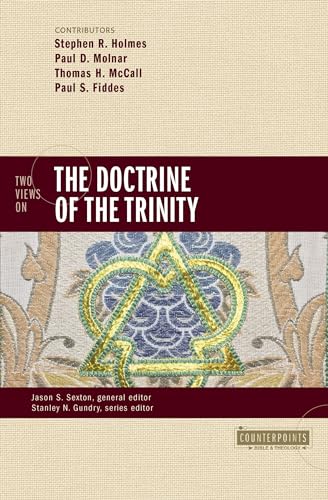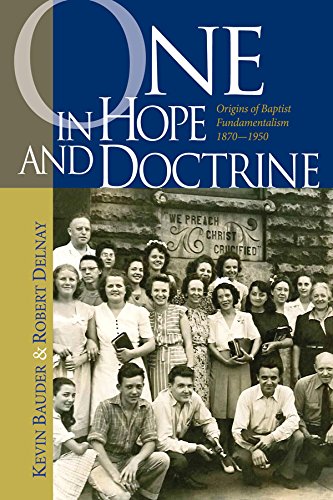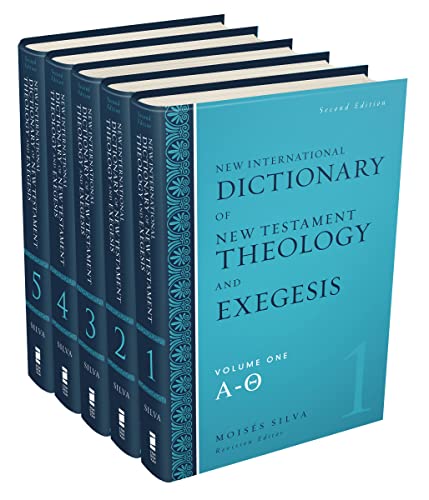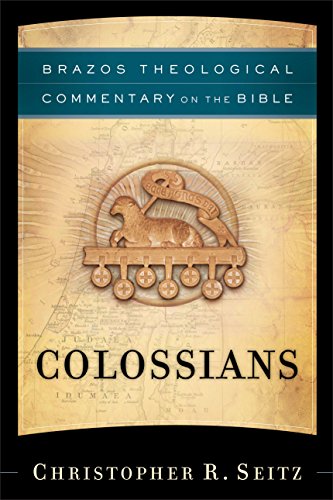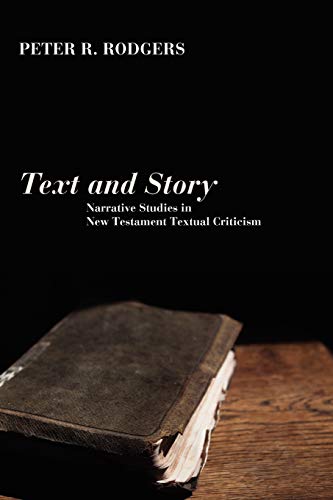English Evangelicals and Tudor Obedience, 1527–1570
Written by Ryan M. Reeves Reviewed By Jan Martijn AbrahamseIn English Evangelicals and Tudor Obedience, Ryan Reeves, assistant professor at Gordon-Conwell Theological Seminary, researches the conforming attitude among “Tudor Evangelicals” during the English Reformation. Instead of a revolutionary spirit, these “Evangelicals” propagated obedience toward the civil government, combined with a nonviolence conviction. Different than often assumed, Protestant theology brought them to subscribe Royal Supremacy, even when forced to do evil. Reeves’ motivation is the disproportioned academic attention devoted to those Protestants who—only after “Bloody Mary” (1554–1558)—did revolt (like John Knox and John Goodman), thus distorting the general reputation of the English Evangelicals.
In Reeves’s opinion, scholars such as A. G. Dickens have ignored the inherently conformist line of Calvinism; this conformity more than likely reinforced obedience rather than rebellion. He argues the basic state of mind of the average English civilian in the sixteenth century was not resistance, as sometimes by the research of the late Patrick Collinson, but rather obedience (p. 18). It is surprising to notice, however, that Reeves does not carefully define his use of the term “Tudor Evangelicals,” and without further explanation considers them as synonymous with “English Reformers” as if this is the regular terminus technicus (pp. 22, 198). Between the lines it can be deduced that Reeves uses it as a general term for those English clergymen who orientated themselves to continental Reformed theology.
Nonetheless, Reeves has written a most readable and erudite study. He uses “the doctrine of obedience” as a knife cutting through the strata of the English Reformation from William Tyndale’s Obedience of the Christen Man (1527) under Henry VIII until the first years of the Elizabethan Settlement and the affirmation of the via media wherein a middle ground was sought between conservatism (traditional Catholicism) and Puritanism. The image drawn by Reeves reveals a development in English Protestantism from pure Erastianism (for example Thomas Cranmer), into a Puritan “version” in which obedience and nonviolence take the shape of “passive disobedience” (p. 194). Passive disobedience allowed them to ignore unbiblical demands and laws, yet without open rebellion. When forced to do evil, a Christian had to refuse and face its consequences with forbearance (pp. 16, 195). Reeves argues that this position can only rightly be understood against the background of the doctrine of obedience that characterized early English Protestantism. Nonviolent resistance should not be perceived as an attenuated form of (violent) rebellion, but as a direct consequence of the divine command to obedience to civil rulers.
Central to Reeves study, and the doctrine of obedience, is the reception of Ps 82:6 (“You are ‘gods,’” NIV). Tyndale posited this text as a ratification of the divine authority of the civil magistracy and especially the Christian prince. It is Reeves aim to retrieve the lineage of the English doctrine of obedience back to the Swiss Reformation, where Ps 82—with regard to the Patristic and Medieval eras—received a reinterpretation under influence of rabbinic commentaries. Consequently he disputes the unjust polarization between “Lutheran obedience” and “Calvinist radicalism” (p. 198).
In summary, Reeves’ study helps us to think differently about English (radical) Protestantism in the sixteenth century. Although radicalism, in the sense of an absolute obedience to the Scriptures, led to a more critical stance towards the English magistracy, it did not necessarily include a theory of warranted violence and rebellion (“resistance theory”). Reeves shows convincingly that many Protestants, under influence of reformers such as Calvin, Bucer, and Ochino, preferred passive disobedience (127).
Jan Martijn Abrahamse
Jan Martijn Abrahamse
Ede Christian University for Applied Sciences/Amsterdam Baptist Seminary
Ede/Amsterdam, The Netherlands
Other Articles in this Issue
The account of Abraham's near-sacrifice of Isaac has been and will likely continue to be violently applied so long as the dominant misunderstanding of the text prevails...
In recent years, a growing cadre of younger historians has begun publishing significant books on the history of American evangelicalism...
Romans 4 remains a central text in the debate over the New Perspective on Paul...
Within the intra-Reformed debate over baptism, covenant theology is a crucial aspect in determining one's position...
‘Fathers of Faith, My Fathers Now!’: On Abraham, Covenant, and the Theology of Paedobaptism
by David GibsonThe figure of Abraham creates a covenantal framework for biblical theology that allows baptism to be considered in relation to the Bible's developing story line...



